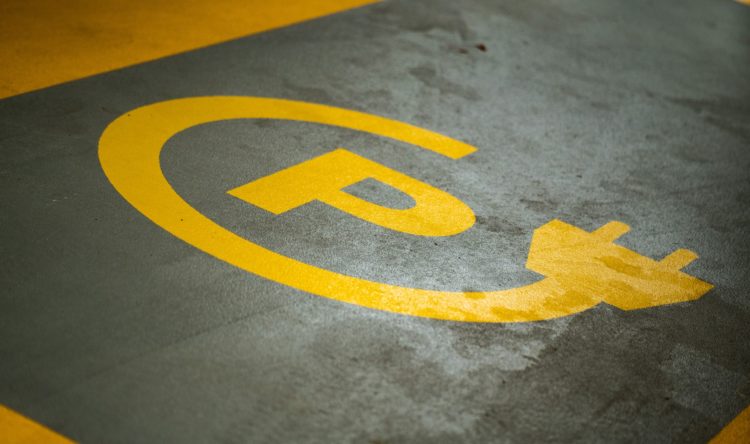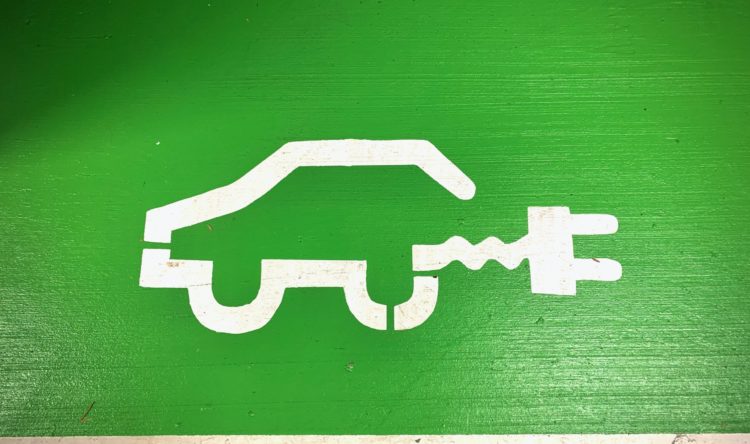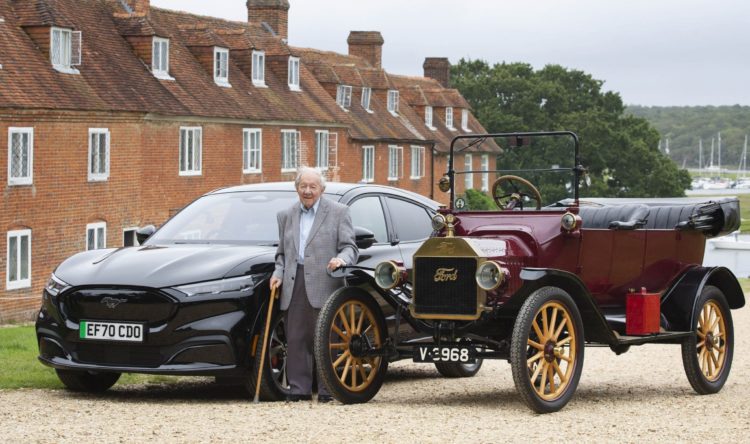The true costs of new cars
Comparing ownership of EVs and petrol and diesel cars
It can often be difficult to sift through the various running cost claims of manufacturers in order to compare models and makes. With the rise of electric vehicles (EVs), then this becomes even more tricky to decipher.
Whether it’s rising prices of traditional fuel or more awareness of the environmental impact, many people are considering making the switch to an EV. And for those who already own one, a recent study revealed that 1 in 4 current EV owners feel that lower running costs are their favourite thing about EV ownership.
With this in mind, Group 1 Automotive has analysed the depreciation rate and charging costs of popular electric vehicles in comparison to their fuel equivalents to calculate the best long-term investments and running costs.
Running Costs Electric Vs Fuel Variant
|
Make and Model |
Cost Per Mile (p) |
Cost p/a 10,000 miles |
Standard Fuel Variant |
Cost Per Mile (p) |
Cost p/a 10,000 miles |
Difference |
|
Mercedes EQS |
11.9 |
£1,190 |
Mercedes S Class |
35.28 |
£3,528.55 |
£2,338.55 |
|
BMW iX |
15 |
£1,500 |
BMW X6 |
33.8 |
£3,387.38 |
£1,887.38 |
|
Cupra Born |
11.9 |
£1,190 |
Cupra León |
24.9 |
£2,490.74 |
£1,300.74 |
|
Kia EV6 |
11.7 |
£1,170 |
Kia XCeed |
18.4 |
£1,840.96 |
£670.96 |
|
BMW i4 |
11.5 |
£1,150 |
BMW 3 series saloon |
17.64 |
£1,764.23 |
£614.23 |
|
VW ID 3 |
11 |
£1,100 |
Volkswagen Taigo |
16.2 |
£1,628.57 |
£528.57 |
|
Skoda Enyaq iV 80 |
12.4 |
£1,240 |
Skoda Karoq SE L |
17.64 |
£1,764.23 |
£524.23 |
|
MG5 |
12.4 |
£1,240 |
MG3 |
17.28 |
£1,728.24 |
£488.24 |
|
Peugeot e-2008 |
9.4 |
£940 |
Peugeot 2008 |
14.11 |
£1,411.44 |
£471.44 |
|
BMW i3S |
12 |
£1,200 |
BMW 1 series |
16.6 |
£1,660.50 |
£460.50 |
You pays your money
The BMW iX, Kia EV6, Cupra Born, and BMW i4 perform well across other categories in the full study, but when it comes to purely comparing running costs alone, the Mercedes EQS comes out on top.
Opting for an EQS rather than the standard fuel variant, the S class, would save you £2,338.55 per year based on current electricity and fuel prices. When you consider depreciation and the spend on charging over a three-year period based on 10,000 miles, you would spend 52% of the total new cost of the car, meaning that the car also places within our top 10 for electric vehicle value retention.
Research is based on electricity prices rising to 50.0p/kWh, however, the new government energy guarantee means that those on a standard variable tariff will be capped at 34.0p/kWh, and those on a fixed tariff will be limited to 17.0p/kWh, meaning that home charging will be even more affordable than the prices shown here, widening the gap between electric and standard fuel variant costs and saving more money over time.
Electric Vs Fuel Depreciation
The research also found that opting for electric variants across certain brands and models can save you money in the long run, by retaining value based on depreciation rates and fuel costs.
The first car is the Kia EV6 compared with the standard fuel variant, the Kia XCeed. Despite the Kia EV6 initially costing more, more of the value is retained over time. Over the three-year period, you would spend 57% of the new car cost on charging and depreciation, whilst you would spend 77.15% of the new car cost on the Kia Xceed when factoring in depreciation and fuel costs.
Next was the Cupra Born with a 13.53% difference in car value retention over 3 years when compared with the Cupra León. This was followed by the BMW iX which was the top performer in terms of electric car value retention, and when compared with the BMW X6 offered a 12.47% difference in value retention.
Plugging in to change
You can read the full study here. Although this is a small window of comparison, it goes some way to explaining some of the areas you need to explore when looking at the finance of a new car. By 2030, of course, the choice will be further capped by the ban on the sale of new petrol and diesel vehicles. However, what the future will bring in terms of choice is unknown. There are new eco fuels being developed, hydrogen is still regarded by many as the future, even solar vehicles are beginning to fill motor show stands. However, this study provides another perspective on the true cost of cars.
Access the full data study here:
https://www.group1auto.co.uk/news/which-electric-car-is-best-for-investment







